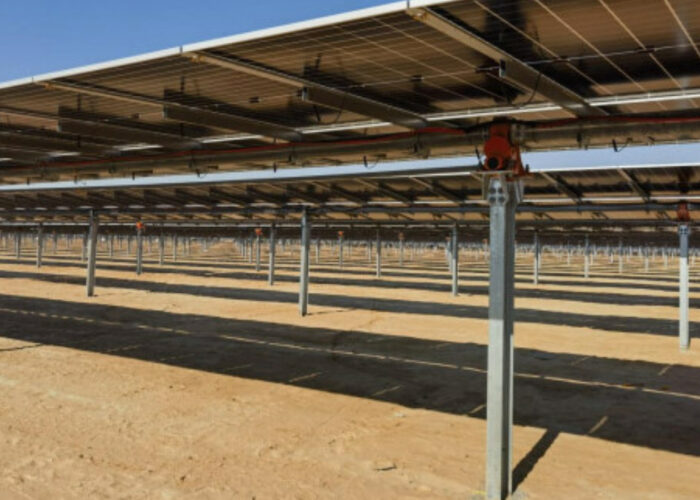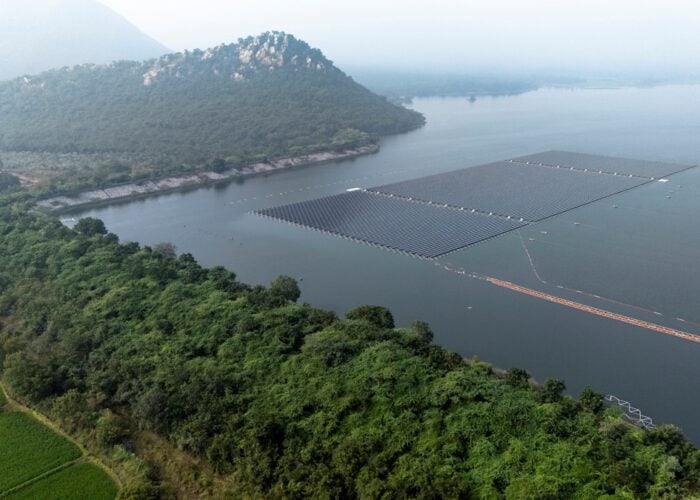Bulgaria's parliament decided to terminate preferential prices for renewable energy installations on Thursday.
The country, the poorest in the European Union, is struggling with deficits in the energy sector, and consumers’ utility bills are high.
Try Premium for just $1
- Full premium access for the first month at only $1
- Converts to an annual rate after 30 days unless cancelled
- Cancel anytime during the trial period
Premium Benefits
- Expert industry analysis and interviews
- Digital access to PV Tech Power journal
- Exclusive event discounts
Or get the full Premium subscription right away
Or continue reading this article for free
Photovoltaic solar farms and wind farms picked up momentum in 2011 when Bulgaria began giving subsidies for renewable energy, which it guaranteed for 20 years. They also committed to buying the energy produced by these farms. Since then, the cost has been growing. Bulgaria met its 2020 target for 16% share of renewable energy at the end of 2013.
The incentives that have been given to the plants that are already running will still be in place.
NEK, the public power provider, according to these amendments, will not be required to purchase power at the preferential prices from heating plants that cannot prove they are energy efficient.
Various factors including the rise of renewable energy, the offered incentives, and high costs for long-term power purchase agreements have caused NEK’s deficit to reach 3.3 billion levs (US$1.89 billion).
Parliament also approved more independance for the energy regulator increasingly and to have its members elected by parliament and not the government.






